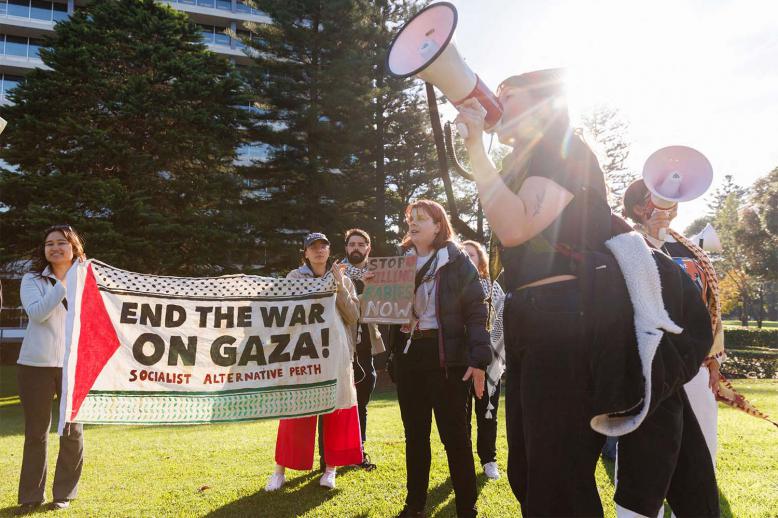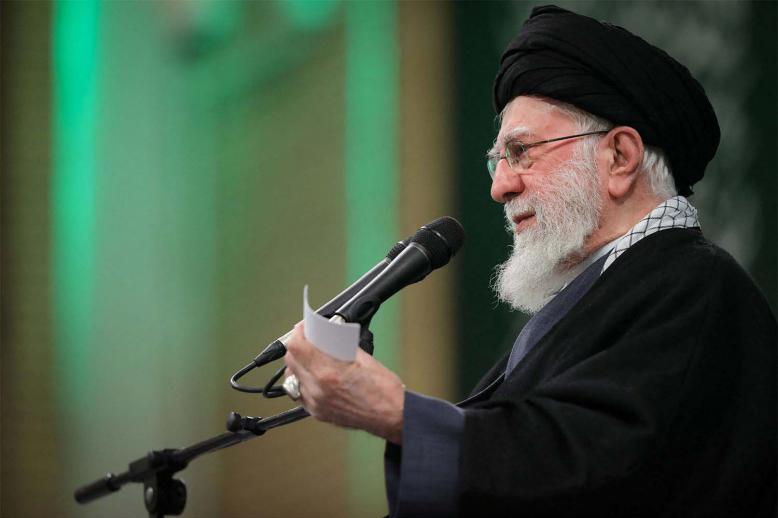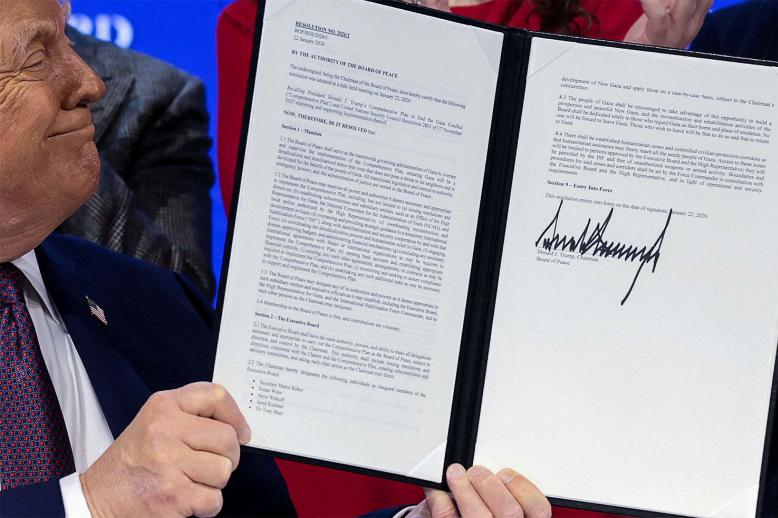Terrorism: a death industry that is fading away thanks to a strategy seeking the reintegration of former terrorists
Morocco confronted the terrorist threat by adopting a reintegration program named "Mossalaha" in order to protect its youth from the threat of extremism. While this reintegration strategy was welcomed by a number of former terrorists, other extremists took advantage of it as a means of executing their deadly plans.
An alleged repentance in order to exploit highly polarized social networks
Morocco’s effective proactive approach to counter terrorism led to the arrest of hundreds of terrorists who have set their sights on social media in order to recruit potential extremists for terrorist purposes. Whereas some of them did really turn the page and sought repentance, others are just pretending to do so, pursuing their extremist activities through internet where they post radical content, such as the experienced terrorist and ex-convict Mohammad Hajib. Currently living in Germany, Mohammad Hajib found a fertile ground for violent extremism. Germany has become an incubator for terrorists and ISIS followers, a situation that went oblivious to its European neighbours. (A French investigative program raised the alarm about the matter)
Stubborn Germany: consumed by the fire of terrorism yet taking terrorists under its wings
Germany’s contradictory approach in dealing with terrorism has got many confused. How can a country that has witnessed suicide attacks on its soil provide shelter for fleeing extremists? Besides, German security services have knowingly chosen to ignore intelligence provided by Moroccan intelligence services regarding the Berlin Christmas market attacker Anis Amri, who left 12 people dead and dozens wounded.
Jihad through activism…a new form of brainwashing
Practicing jihad in the name of activism is a tactic adopted by many former terrorists who have embraced the concept of "Taqqiya", a form of legal religious dissimulation in which believers deny their faith or even commit blasphemous acts as a deception if they are seriously threatened or at risk of persecution. Thus, by embracing this concept, alleged repentant can recruit as many people as they want through social media. However, some former terrorists such as the researcher Mohammed Abdul-Wahhab Rafiqi genuinely sought to contribute in the fight against terrorism by integrating national institutions.
Statistics that confirm the effectiveness of Morocco’s counter terrorism approach
Thanks to the "Mossalaha" reintegration program, many former terrorist convicts underwent ideological revision in prisons aimed at defusing the jihadi mindset and for a better reintegration into society as independent individuals. However, some of them only pretended to have been de-radicalized and continued to spread their extremist ideology.
Practicing "Taqiyya": a blow to the state’s efforts and to the credibility of former extremists
It appears that the state’s helping hand and "Mossalaha "reintegration program was not fruitful with all former terrorist convicts , some of them remained faithful the extremist ideology and chose to disguise their extremism through the practice of the concept of "Taqqiya". According to former terrorists, this discredits them and undermines all of the state’s efforts that chose to extend a helping hand in good faith, unlike some other countries who still deal with former terrorist convicts with suspicion.
The views expressed in this article belong to the author and do not necessarily reflect the editorial policy of Middle East Online






